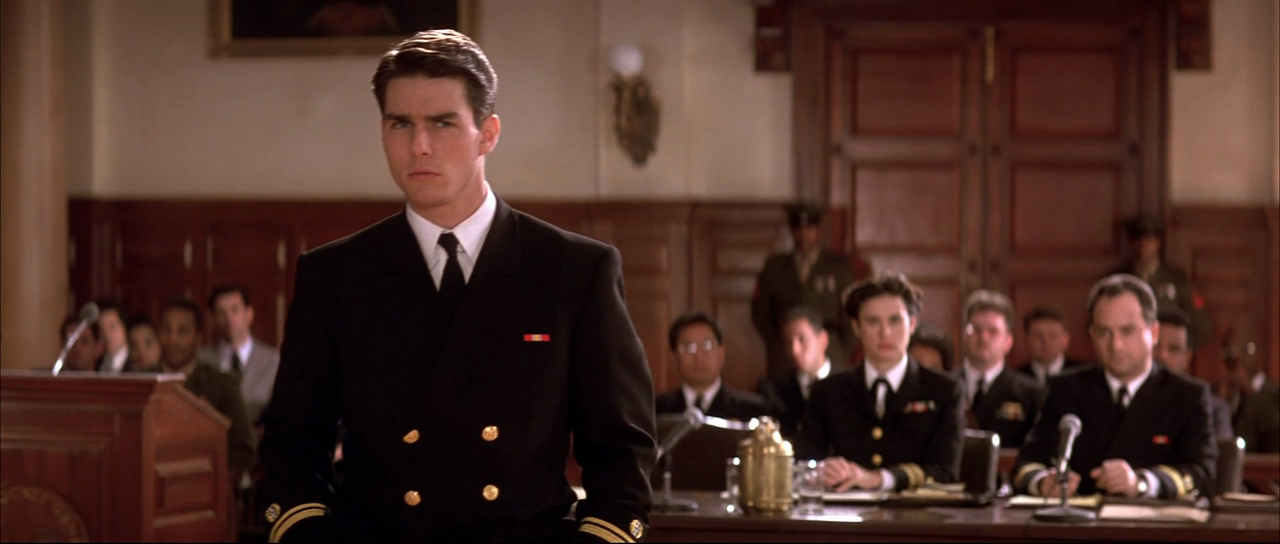Brownstone Law Texas Criminal Appeals Lawyers: Comprehensive Appeal Techniques
Brownstone Law Texas Criminal Appeals Lawyers: Comprehensive Appeal Techniques
Blog Article
Optimizing Your Allure: How Expert Help Can Enhance Your Appellate Strategy
In the realm of appellate advocacy, the significance of using expert aid to strengthen one's appellate method can not be overstated. The elaborate nature of appellate procedures requires a meticulous method that exceeds mere legal knowledge. By enlisting the proficiency of experts skilled in the nuances of appellate practice, people and companies can unlock a wealth of benefits that extend far past traditional lawful representation. As we dive right into the world of making best use of charm with expert help, a world of critical insights and tactical benefits waits for those who seek to navigate the appellate landscape with precision and finesse.
The Importance of Appellate Knowledge
When navigating the complex realm of appellate legislation, possessing specialized expertise in appellate treatments and approaches is critical for accomplishing favorable results. Appellate knowledge includes a deep understanding of the nuances of appellate practice, which varies dramatically from test advocacy. Appellate lawyers have to have a keen eye for lawful research, persuasive writing, and dental advocacy skills customized to the appellate court's particular requirements.
An appellate professional brings an unique ability to the table, refined with years of experience remaining and dealing with charms abreast of progressing lawful criteria. This knowledge permits them to craft compelling lawful arguments, determine essential concerns that reverberate with appellate judges, and prepare for and counter opposing guidance's arguments effectively.
Moreover, appellate professionals are well-versed in the complex procedural policies regulating appeals, guaranteeing that all submitting target dates, format needs, and administrative issues are carefully abided by. By leveraging their specialized expertise, appellate lawyers can navigate the appellate procedure with precision and finesse, maximizing their customers' possibilities of success on appeal.
Strategic Analysis and Instance Analysis
Structure upon the structure of appellate knowledge, critical evaluation, and instance assessment play critical duties in developing a robust appellate strategy. Calculated evaluation involves a detailed assessment of the case, identifying crucial issues, strengths, and weaknesses. It needs a deep understanding of the lawful landscape, step-by-step rules, and potential arguments that can persuade the appellate court. By carrying out a detailed tactical analysis, appellate experts can pinpoint one of the most effective technique to presenting an engaging situation on appeal.
Instance analysis is equally important, concentrating on evaluating the lawful and valid aspects of the instance to determine its stability on charm. This procedure includes looking at trial court documents, evidence, and judgments to identify mistakes or issues that could form the basis of an effective appeal. A meticulous situation evaluation makes it possible for attorneys to craft persuasive debates that attend to the core concerns and persuade the appellate court to rule in their client's favor.
In combination, critical evaluation and situation examination form the keystone of a reliable appellate strategy, assisting lawyers in browsing intricate lawful terrain and optimizing their possibilities of success on allure.
Crafting Engaging Lawful Arguments
Crafting compelling legal arguments is a crucial skill that identifies experienced appellate experts in offering influential situations on trial. Reliable lawful argumentation needs a deep understanding of the law, critical analysis of the truths, and the ability to interact intricate ideas in a clear and persuasive way. When crafting legal arguments, appellate practitioners must meticulously think about the appropriate legal principles, precedents, and plan effects to create a strong and meaningful story that sustains their customer's setting.

Browsing Procedural Complexities
To efficiently browse procedural intricacies in appellate practice, experts need to possess a comprehensive understanding of the pertinent regulations of treatment and court methods. Appellate procedures vary amongst jurisdictions, demanding a keen understanding of certain demands controling concerns such as administrative target dates, submitting procedures, and formatting standards. Failing to stick to these procedural policies can result in costly delays, permissions, or also termination of the appeal.
One key facet of browsing procedural intricacies is recognizing the relevance of protecting issues for appeal at the trial court degree. This includes making timely objections, activities, and offers of evidence to make certain that appellate courts have an appropriate record to evaluate (Texas appeals lawyers). In addition, specialists should master the art of composing succinct and clear appellate briefs that follow format requirements and effectively existing lawful arguments
Moreover, understanding the intricacies of oral argument treatments, including time frame and the decorum anticipated in appellate courts, is important for an effective charm. By remaining in harmony with these procedural intricacies, professionals can enhance their possibilities of attaining a beneficial result for their clients on allure.

Leveraging Specialized Legal Knowledge
Specialized legal proficiency plays a crucial duty in tactically advancing appellate arguments and taking full advantage of the chances of success in intricate legal process. Appellate situations usually site entail detailed legal issues that call for a deep understanding of details areas of law.
Specialized lawful knowledge enables experts to identify vital criteria, regulations, and top article legal teachings that are pertinent to the situation handy. This in-depth understanding allows them to expect prospective challenges, counterarguments, and opportunities for persuasive campaigning for. Additionally, specialists can offer beneficial viewpoints on exactly how the law has actually been interpreted and applied in similar instances, helping to shape an extra reliable appellate technique.

Conclusion
Finally, expert support can significantly improve your appellate technique by offering experience in browsing procedural complexities, crafting compelling legal disagreements, and leveraging customized lawful knowledge. By using the abilities and experience of appellate experts, people can optimize their possibilities of success in the appellate procedure. Calculated analysis and case assessment are essential elements of creating a strong appellate approach that can assist to boost the charm of your instance.
In the realm of appellate advocacy, the importance of using expert help to strengthen one's appellate method can not be overemphasized.When browsing the complex realm of appellate law, having specialized proficiency in appellate treatments and strategies is critical for attaining favorable outcomes. Appellate experience encompasses a deep understanding of the subtleties of appellate technique, which varies substantially from test campaigning for. Appellate lawyers have to have an eager eye for lawful research study, convincing writing, and oral campaigning for abilities tailored to the appellate court's specific demands.
Building upon the foundation of appellate experience, tactical evaluation, and instance assessment play essential roles in creating a durable appellate technique. (Texas visit the website appeals lawyers)
Report this page